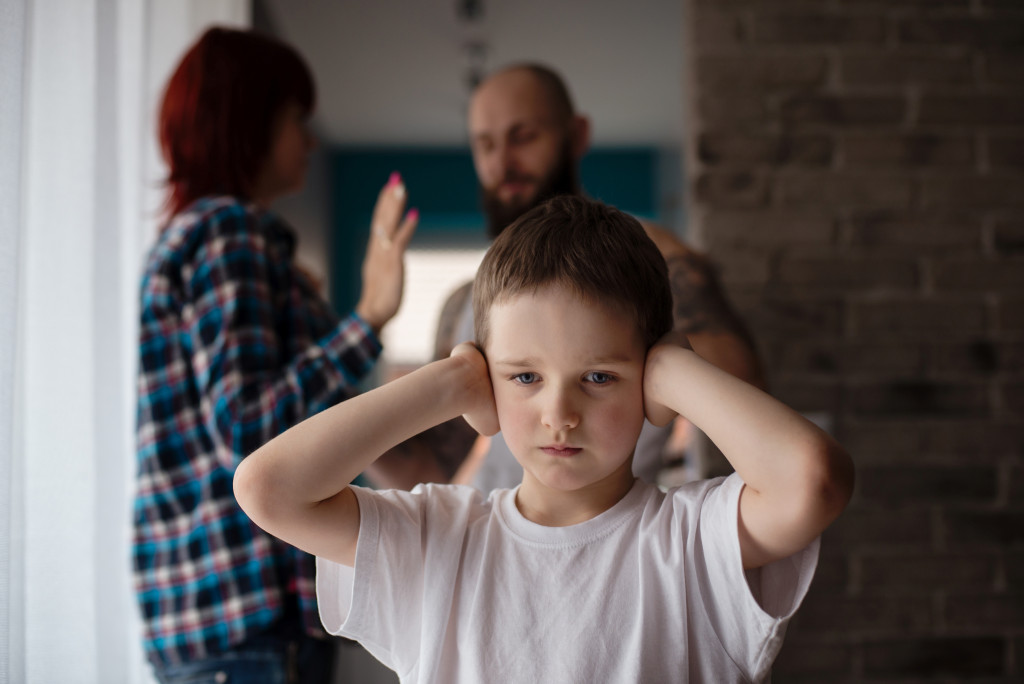The children in the United States seem to have one particular problem: children defying their parents. In most cases, children begin to disobey their parents as soon as they reach the age of reasoning. The disobedience may start over minor issues but eventually develop into acts that could be illegal and dangerous for the child and society.
Although this problem is not unique to the United States, it’s prevalent among children. It’s estimated that 1 in 10 children has Oppositional Defiant Disorder or ODD. If your child has been diagnosed with ODD, you may be feeling a range of emotions, from confusion to frustration to worry. But know that you are not alone—and there is help available. Here’s what you need to know about ODD and how to deal with it.
What is ODD?
ODD is a childhood disorder characterized by defiance and hostility towards authority figures. This may manifest as verbal aggression (such as backtalk or arguing), physical aggression (such as hitting or kicking), or destructive behaviors (such as property damage). Children with ODD may also deliberately annoy others or be easily irritated.
What Causes ODD?
The cause of ODD is not fully understood, but it is thought to be the result of a combination of genetic and environmental factors. For example, children with a parent or close family member with a history of mental illness or substance abuse are at an increased risk of developing ODD. Additionally, children who have experienced trauma or adversity—such as abuse, neglect, or exposure to violence—may also be more likely to develop the disorder.

Impact on Children’s Life
The disorder can also affect your child’s everyday life. Here’s how that can happen:
Academic Problems
One of the most common places that ODD manifests itself is in the classroom. Children with ODD often have difficulty following rules and cooperating with authority figures, which can make school challenging. They may constantly talk back to their teachers or refuse to do their homework. As a result, they may have difficulty making friends or get into trouble regularly. In severe cases, children with ODD may need to be placed in special education classes or even expelled.
Home Life
Just as ODD can cause problems at school, it can also cause problems at home. Children with ODD may constantly argue with their parents or siblings and have tantrums or outbursts regularly. As you can imagine, this can make family life very stressful. In some cases, children with ODD may even exhibit destructive behaviors, such as hitting, kicking, or breaking things. These behaviors can lead to severe consequences if left unchecked, such as being removed from the home or placed in foster care.
Social Relationships
Another problem associated with ODD is social isolation. Children with ODD often have difficulty making and keeping friends. Their defiance and hostility towards authority figures can make them unpopular with adults and children. In addition, children with ODD are more likely to engage in fights and other aggressive behaviors. As a result, they may be excluded from social activities and find it difficult to develop positive relationships.
How is ODD Treated?
There is no one-size-fits-all approach to treating OOD, but many effective treatments are available. First, you need an early diagnosis.
Early Diagnosis
The early diagnosis of ODD is usually made through a physical checkup. You can bring your child to your local kids’ clinic for a complete physical exam to help doctors identify any behavioral issues. If these behavioral issues are believed to be physical, then they can treat them. However, if not, you might be referred to a child psychologist for therapy.
Therapy
There is various therapy available to help treat ODD. One of these is cognitive behavioral therapy (CBT), which can help children recognize and change negative patterns of thinking or behavior. Another standard treatment option is family therapy, which focuses on helping family members understand any underlying causes of the child’s behavior and discussing strategies for addressing them.
Medication
In some cases, medication may be required to treat symptoms of ODD. If a child has severe tantrums or other physical behaviors, doctors may prescribe antidepressants or antipsychotics to help reduce these symptoms and improve their moods. Additionally, medications may also control your child’s hormonal imbalance and help reduce the effect of any environmental factors.
If your child has been diagnosed with Oppositional Defiant Disorder, it’s essential to seek professional help so that an effective treatment plan can be put into place. With the proper support, children with ODD can learn how to manage their symptoms and lead happy healthy lives.

